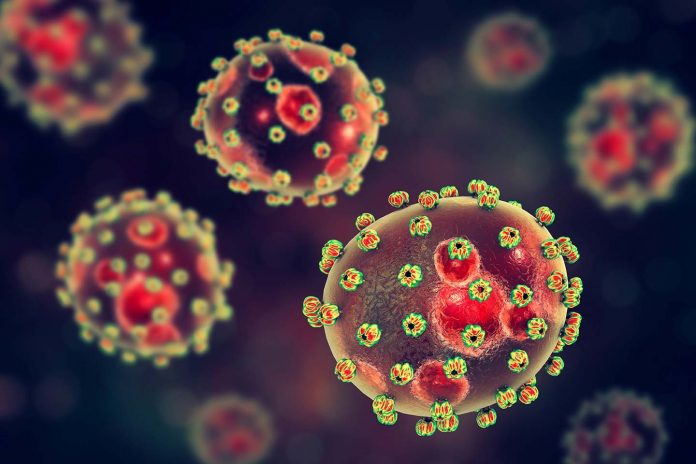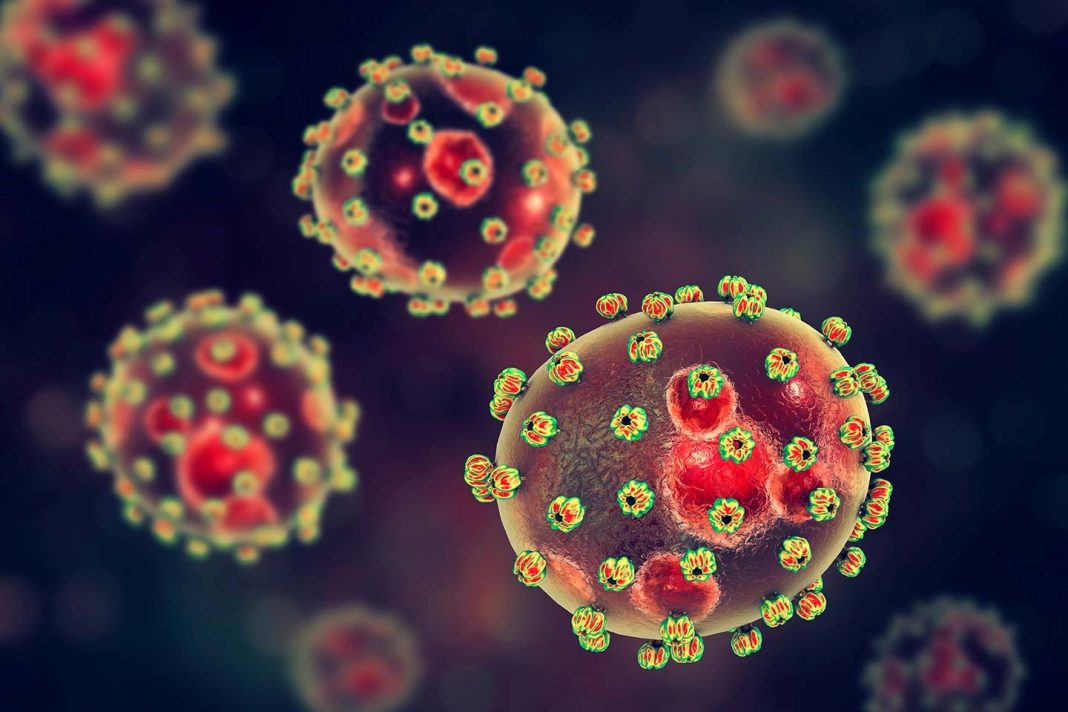
The Ghana Health Service has confirmed two cases of Lassa Fever in the country and one death recorded.
Meanwhile, the service has began contact tracing and community sensitization as well as education for health workers.
Ministry of Health in collaboration with stakeholders have assure the general public that all efforts are being made to contain this outbreak and present further spread of the virus.
Here is the basic things to know about Lassa Fever
Lassa fever is an animal-borne, or zoonotic, acute viral illness spread by the common African rat.
It is endemic in parts of West Africa including Sierra Leone, Liberia, Guinea, Nigeria and now Ghana.
Lassa fever is caused by Lasso virus and the incubation period is 2-21 days
The virus is transmitted to humans through contact with food or household items contaminated with rodents (rats or mices) urine or feces.
Lassa virus may also be spread between humans through direct contact with the blood, urine, feces or other bodily fluids of a person infected with Lassa fever. Sexual transmission of Lassa virus has been reported.
Symptoms of Lassa fever
The early symptoms of Lassa fever may include fever and weakness. Persons may later present with headache, sore throat, muscle pain, chest pain, nausea, vomiting, diarrhea, cough and abdominal pain.
In severe cases, there may be bleeding from the mouth, nose, vagina or stomach. Death usually occurs within 14 days of onset in fatal cases.
Treatment mod prophylaxis
There is medicine (antiviral) for treatment and much effective if taken early. There is currently no vaccine that protects against Lassa fever.
Prevention and control
Prevention relies on promoting community hygiene to discourage rodents from entering our homes. Effective measures include storing grain and other foodstuffs in rodent-proof containers, disposing of garbage far from the home, maintaining clean households and keeping cats.
Also, avoid contact with blood and body fluids when caring for sick persons. The Ministry of Health and Ghana Ilealth Service. in collaboration with our partners. wishes to assure the general public that all efforts arc being made to contain this outbreak and present further spread of lbe virus.
